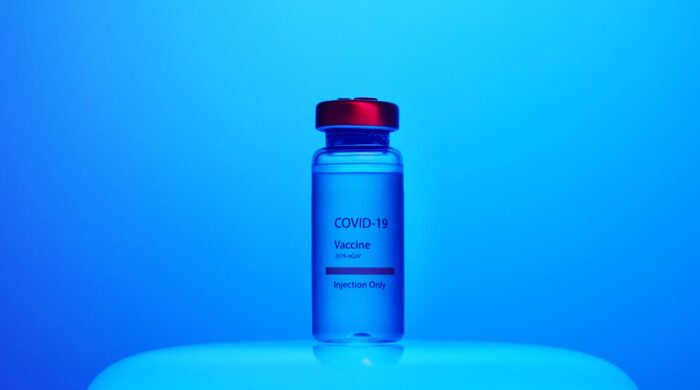Originally published December 2021
If you’ve already had your two COVID vaccine shots (or one if you had Johnson & Johnson) you may be wondering when you’re eligible to get your COVID booster.
In this post, we’ll shed some light on the timing of COVID vaccine booster shots, eligibility requirements, where the shots are manufactured, what the current FDA status is of each brand’s shot, and why it benefits you to get a COVID booster.
Who is eligible to receive the booster shot?
It was recently announced that people of all ages who had their initial full dosage COVID vaccine are eligible to receive a booster shot as long as six months have passed since the second shot of either the Moderna or Pfizer vaccine, or two months have passed since having the one shot of the Johnson & Johnson vaccine. The boosters, like the initial vaccines, are free of charge.
Who manufactures the booster shot?
All three companies who produced the original FDA-approved COVID vaccines, Moderna, Pfizer and Johnson & Johnson, have formulated booster doses. Though it is not required that you get the same brand of booster as your initial vaccine doses, the goal is simply to get it. Mixing and matching is safe and effective if your initial vaccine brand isn’t readily available where you get your booster.
Are all of the boosters FDA approved?
Indeed, all three of the makers—Moderna, Pfizer and Johnson & Johnson—had their individual booster dosages approved by the FDA and are deemed to be safe and effective in providing extra protection against COVID, plus lessening the effects of the virus, if you happen to get COVID after being vaccinated.
Side Effects of the COVID Booster Shot
Similar to boosters for childhood vaccines, natural immunity to the virus decreases over time, so it is recommended that a COVID booster be used to supplement that loss of protection.
Patients have reported mild side effects to the booster, similar to those experienced from getting an annual flu shot, including:
- fever
- aches
- pains
- chills
- headaches
- swollen lymph nodes and
- fatigue
Having side effects is a merely a sign that your body’s immune system is working to build protection, and these effects should not last more than a few days (if they do, please contact your primary care provider’s office). In rare cases where side effects are severe, go to your nearest Emergency Room.
Benefits of the COVID Booster Shot
In general, the side effects of a vaccine booster are milder than catching COVID. Data indicates that booster shots decrease the chances of getting a breakthrough infection of COVID, reduce the chances of hospitalization if you do get COVID, and reduce the chance of death for those who do need to be hospitalized.
Boosters also help prevent us from spreading the virus to less healthy and immunocompromised individuals. In a bigger picture view, the more people who have protection against the virus via the original vaccine dosages plus the booster, the fewer people will get the virus, spread it, or die from it, and we can all enjoy a relatively normal return to daily life.
Going forward, it’s a good idea to get an annual COVID vaccine to protect yourself and your family members from the virus, or from severe symptoms if you do get COVID. Contact your local pharmacy to schedule your annual COVID vaccine today.
